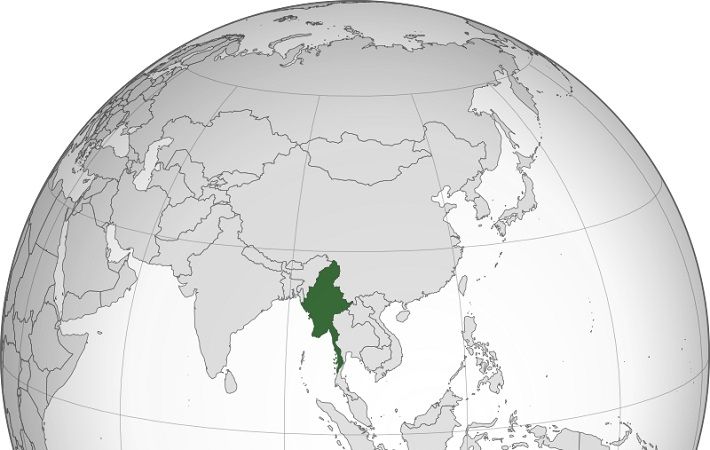Myanmar heading towards economic crisis

Kyat, the Myanmarese currency, has fell by over 45 per cent from around 1,300 to the US dollar at the beginning of this year to nearly 1,800 today. The record depreciation in kyat is attributed to the collapse of confidence in the system. “As of today, the confidence is so low that the depreciation of kyat does not look like a temporary issue,” a person who was doing business with Myanmar till recently told Fibre2Fashion on the condition of anonymity.
Actually, the coup has reversed the economic progress achieved by the country over the last few years, and foreign companies/investors have either suspended their operations or exited Myanmar as business climate and security conditions in the country have worsened since the February 1 coup d'état.
Besides cash shortage as people are taking out their money from banks, there is a problem of rising food prices and the accompanied high inflation. The World Bank and the Asian Development Bank estimate that the country’s GDP has declined by 18 per cent during October 1-September 30, 2020-21.
On its part, the Min Aung Hlaing-led State Administration Council (SAC), as the military junta governing the country is called, has drafted Myanmar Economic Recovery Plan (MERP) for revitalising the economy post-COVID-19. However, the draft is yet to be made public. Assuming that the plan is good, there are doubts about its successful implementation, and secondly, the conditions in which businesses operate are no more the same, leaving little scope for giving a boost to the economy.
In March this year, the United States suspended all its engagement with Myanmar under the 2013 Trade and Investment Framework Agreement (TIFA). “The suspension will remain in effect until the return of a democratically-elected government,” US trade representative Katherine Tai said while making the announcement.
The same month, the European Union had stopped its budgetary support for development projects in Myanmar. EU ministers are considering suspension of its ‘Everything But Arms’ (EBA) scheme to Myanmar, which grants duty-free, quota-free access to the EU market of 450 million consumers.
A notable beneficiary of EBA is the garment industry, which provides employment to more than 0.5 million, most of them women, and accounts for one-third of Myanmar’s total exports. The country’s total apparel exports fell 11.75 per cent to $4,621.31 million in 2020 from $5,236.58 million in 2019 due to the COVID-19 pandemic, according to data from TexPro, Fibre2Fashion’s market analysis tool. But after the military takeover, several global retail brands have stopped sourcing from the country, resulting in a big blow to jobs, exports, and the economy.
In short, the continuing uncertainty over political stability is taking the toll on Myanmarese economy. It is reflected in lack of public and investor confidence, the cash shortage, and the depreciating kyat against the US dollar.
Fibre2Fashion News Desk (RKS)
































-Ltd..jpg?tr=w-120,h-60,c-at_max,cm-pad_resize,bg-ffffff)





.jpg?tr=w-120,h-60,c-at_max,cm-pad_resize,bg-ffffff)
.jpg?tr=w-120,h-60,c-at_max,cm-pad_resize,bg-ffffff)






